-
chevron_right
Pirates Surprise as Oscar-Nominated Movie Screeners Leak Online Again
news.movim.eu / TorrentFreak • 27 January, 2025 • 4 minutes
 Shorter theatrical windows and improved access to movies via streaming, aimed to address one of the reasons some people prefer to pirate movies rather than pay.
Shorter theatrical windows and improved access to movies via streaming, aimed to address one of the reasons some people prefer to pirate movies rather than pay.
While no silver bullet, making movies available legally is crucial in the fight against piracy. Yet, for many years, avoiding the most obvious response to unauthorized distribution meant that the ‘recently released’ movie market was dominated by not only illicit, but mostly inferior products.
Each year, usually around late December through mid-January, the market received a quality boost that attracted pirates in their millions. ‘Screener Season’ began when predominantly DVD-based movies were sent to those whose votes have the potential to transform great movies, into Academy Award-winning movies . But all too often, things didn’t go to plan.
Basic security failures saw screener discs lost, misplaced, loaned or gifted to family members, sold on eBay, or simply stolen. Whatever their route to the internet, high-quality screeners represented direct competition for genuine products, that in many cases wouldn’t be legally on sale for months.
There’s no real doubt that screener leaks had a negative effect on sales of legitimate products, but it took years to migrate screener viewing online. Enforcement action against EVO, a piracy release group with a reputation for screener leaks, eventually coincided with the collapse and assumed permanent demise of the screener scene late 2022.
And Then Two Come Along at Once
Seeing the word SCREENER in a release title is rare these days, seeing two within minutes of each other even more so. A long time TF reader wasted no time tipping us off about two leaks last evening, in one case less than five minutes after initial release, the other in just under eight.

September 5 premiered at the 81st Venice International Film Festival late August 2024. Distributed by Paramount ( IMDb ), the movie enjoyed a limited theatrical run in the United States starting December 13, 2024, before a wider release on January 17, 2025.
Focused on the terrorist attack on the Munich Olympics in 1972, September 5 received an Academy Award nomination for Best Original Screenplay.

Typically distributed alongside pirate releases, the ‘NFO’ file above provides information on the nature of the screener and subsequent leak. ‘COLLECTiVE’ is the name of the group responsible for the release. The group is known for its releases on peer-to-peer networks including BitTorrent; this release appeared on the private tracker iPT and at the time, there were no reports of an earlier appearance elsewhere.
The title tag ‘WEB-DL’ is an indication that the copy was downloaded (rather than ripped) from an online source, potentially an online screener viewing platform. Paramount operates a service for precisely that purpose, but there’s no information to suggest any specific origin.
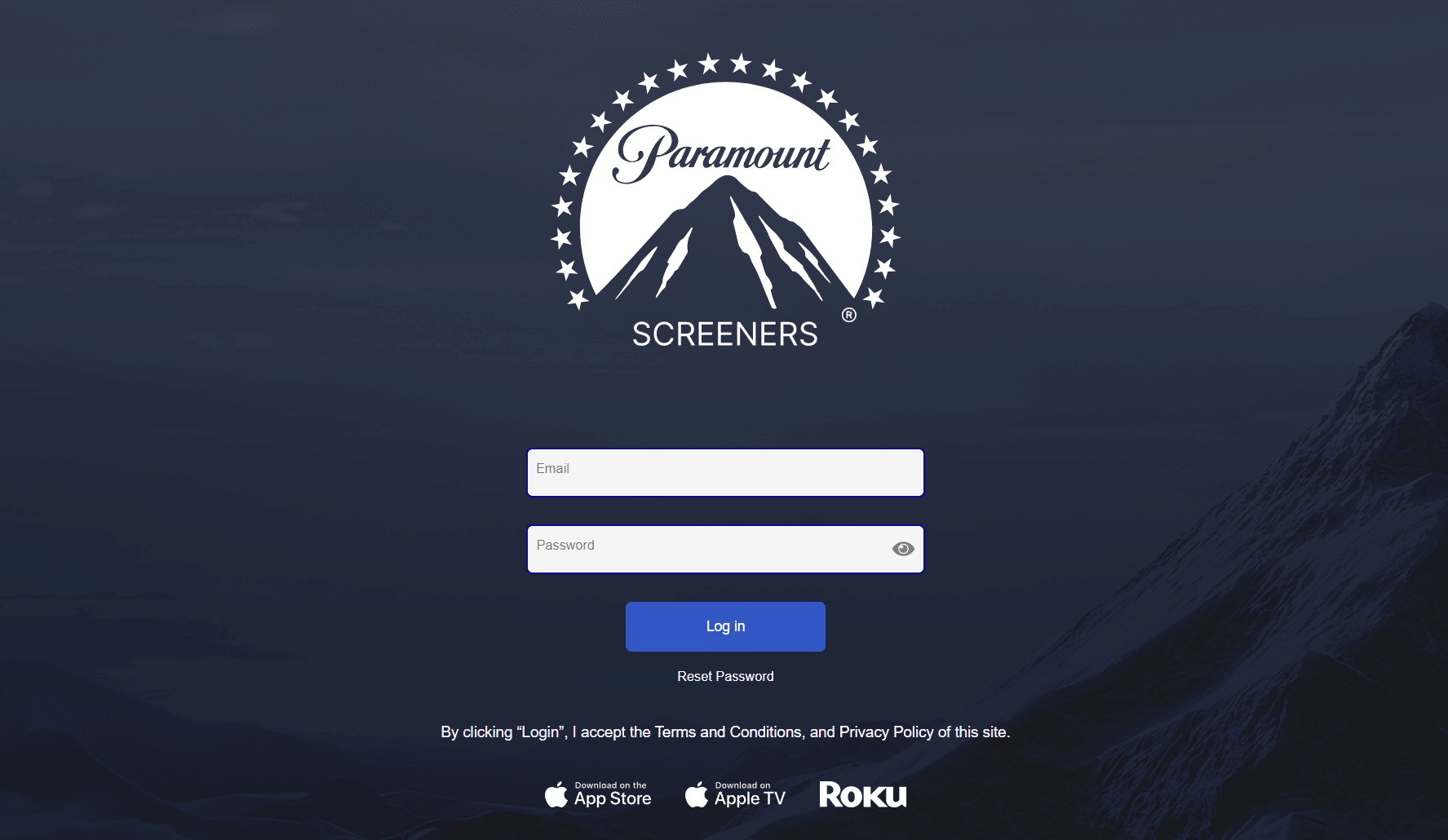
The suggestion that the source of the screener was “a friend” isn’t especially helpful in its own right, but a clear mention of Portuguese subtitles is somewhat unusual. We’ll return to that in a moment.
Welcome to the MPA
For long-time MPA member Paramount, having a screener leaked online won’t come as any surprise. For Amazon MGM Studios, which became the seventh member of the MPA last September, its most recent addition since Netflix joined in 2019, the leak of a Nickel Boys screener is something new ( IMDb ).
Nickel Boys received a Best Motion Picture – Drama nomination at the 82nd Golden Globe Awards, and a Best Picture nomination at the 97th Academy Awards.
At least potentially, this leak may be an unfortunate one-off for Amazon MGM Studios, but still one too many.

The ‘NFO’ file available alongside this screener release indicates that ‘COLLECTiVE’ is the group behind it. The release was first seen on private tracker iPT with no earlier appearances elsewhere, at least as far as we know.
Made available in 1080p, it’s claimed that like September 5, the Nickel Boys screener was downloaded from an online source (WEB-DL) and distributed via P2P with English subtitles.
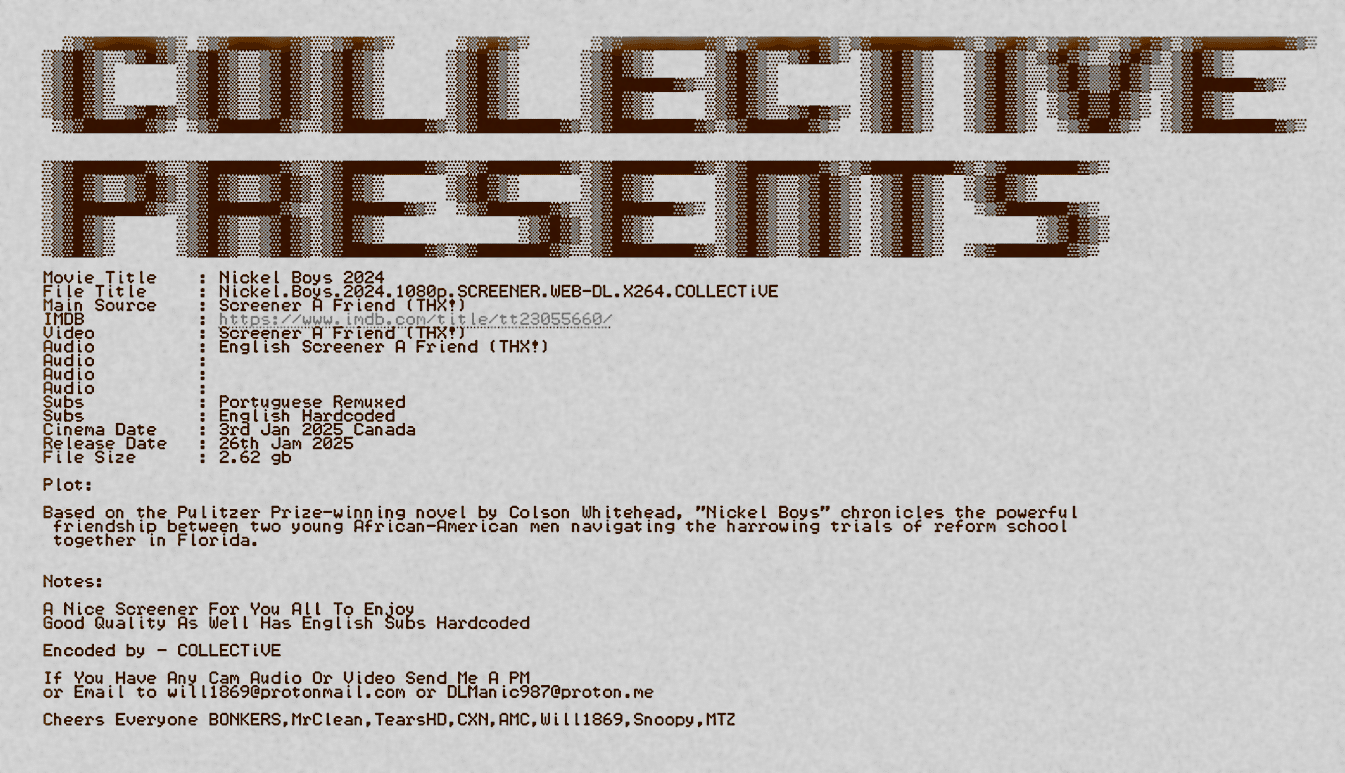
The inclusion of ‘remuxed’ (copied without changes) Portuguese subtitles is common to the leak of September 5. However, the Nickel Boys’ English subtitles are hardcoded, meaning that the viewer can’t easily turn them off to enjoy the switchable subtitles in Portuguese.
Given the choice, it seems likely that COLLECTiVE would have made both subtitles switchable, a strong indication that the source copy had English subtitles burned in by default.
Whether that means COLLECTiVE has a specific interest in catering to a Portuguese-speaking audience remains unclear. However, it’s an interesting coincidence when one considers that EVO, the prolific screener release group mentioned earlier, is believed to have been led from Portugal , at least until its demise three years ago.
From: TF , for the latest news on copyright battles, piracy and more.

 Nearly a decade ago, the US Navy was
Nearly a decade ago, the US Navy was

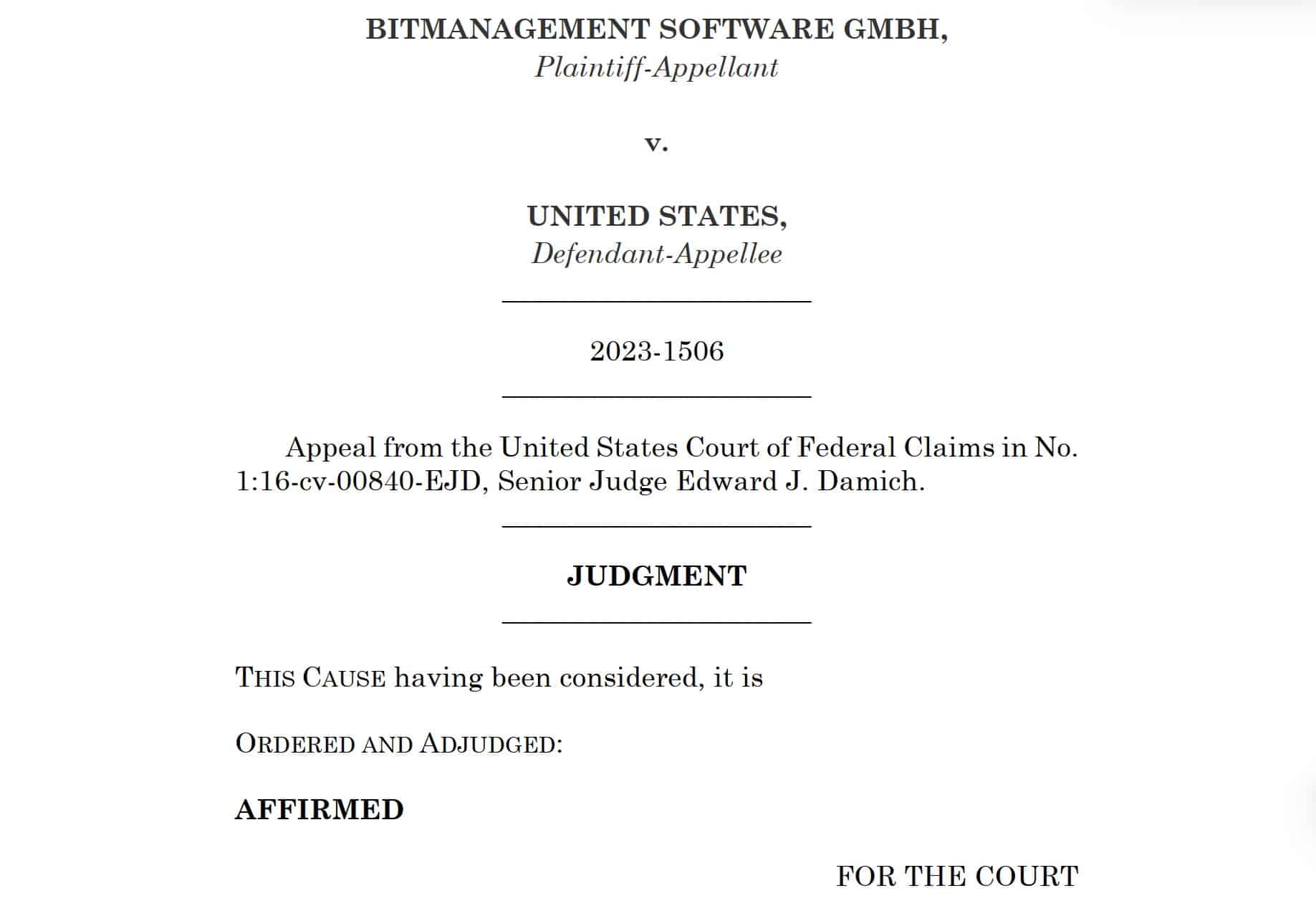
 After decades of work, supporting a stated mission to destroy online piracy, rightsholders today understand the enormous task ahead. A few prominent outliers aside, more pragmatic terms to describe ongoing anti-piracy work, may even be gaining traction.
After decades of work, supporting a stated mission to destroy online piracy, rightsholders today understand the enormous task ahead. A few prominent outliers aside, more pragmatic terms to describe ongoing anti-piracy work, may even be gaining traction.
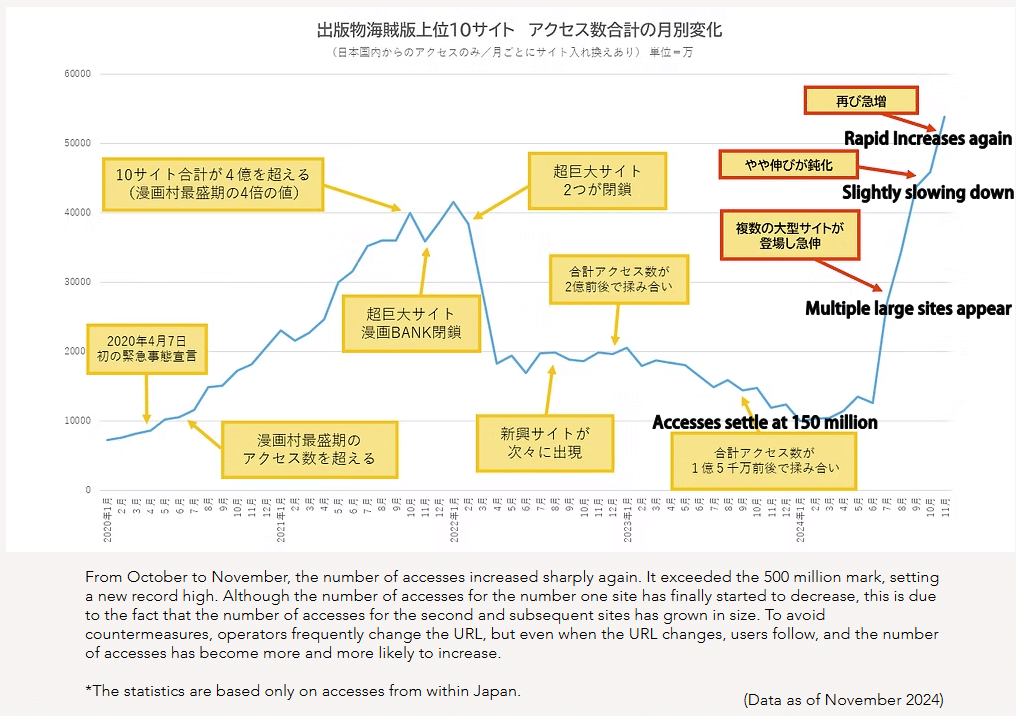
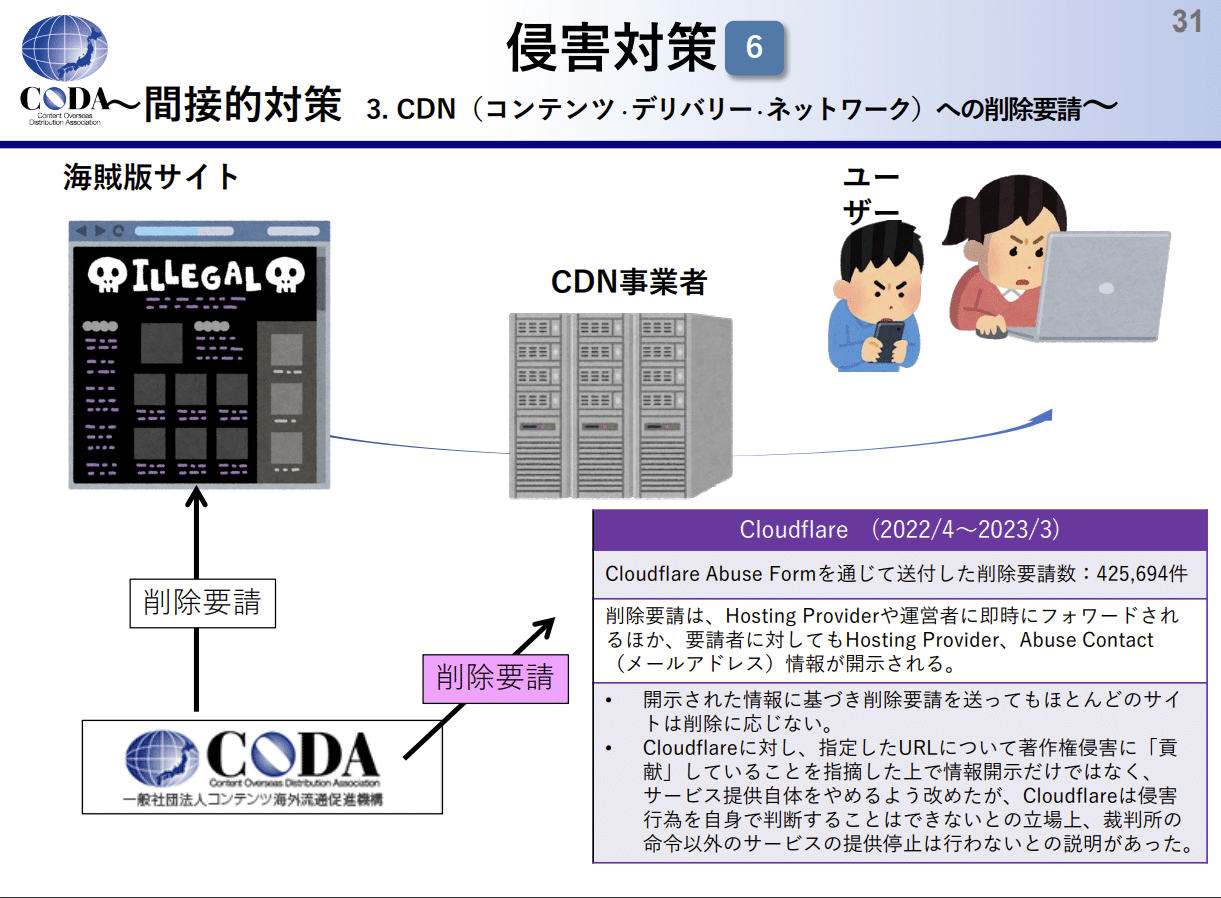
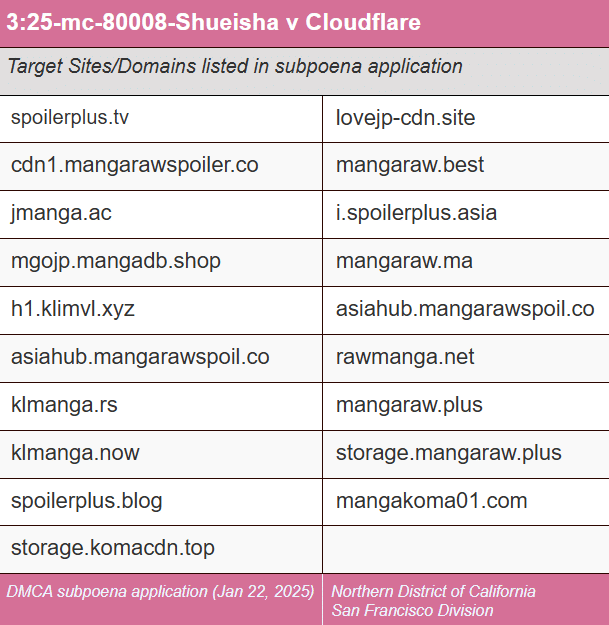
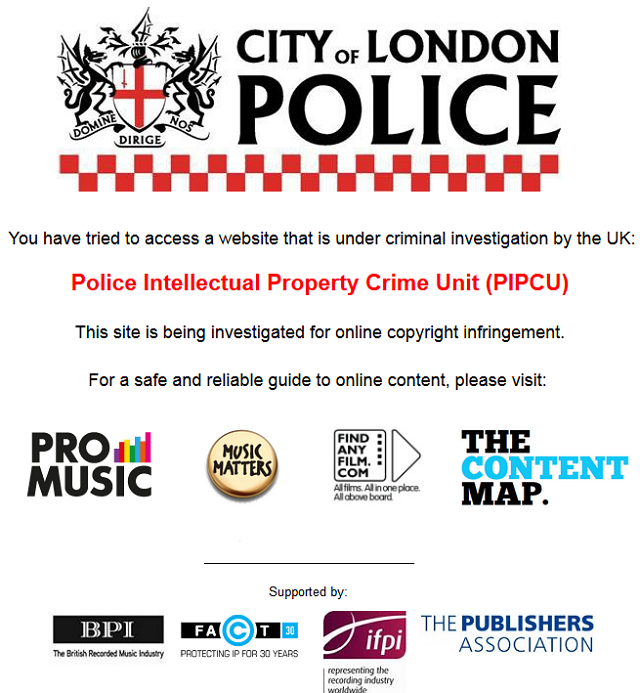 The latest wave of the UK government’s Copyright Infringement Tracker study was expected a year ago. There’s still no indication when it will arrive, or even if it will arrive at all, a shame considering interest generated by previous reports.
The latest wave of the UK government’s Copyright Infringement Tracker study was expected a year ago. There’s still no indication when it will arrive, or even if it will arrive at all, a shame considering interest generated by previous reports.
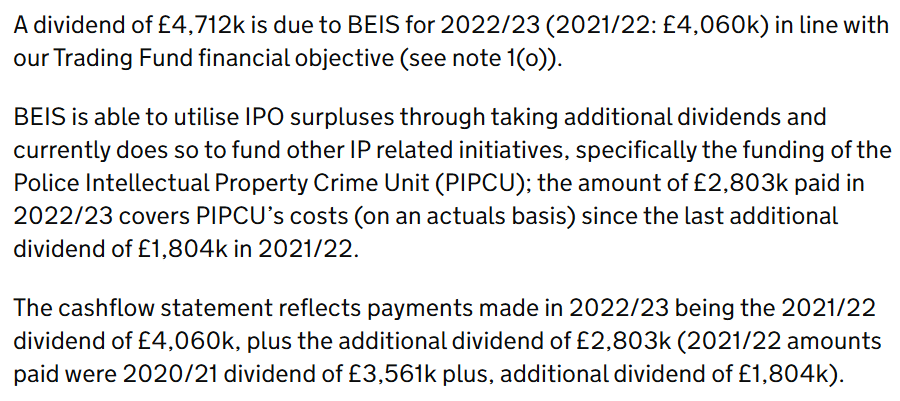
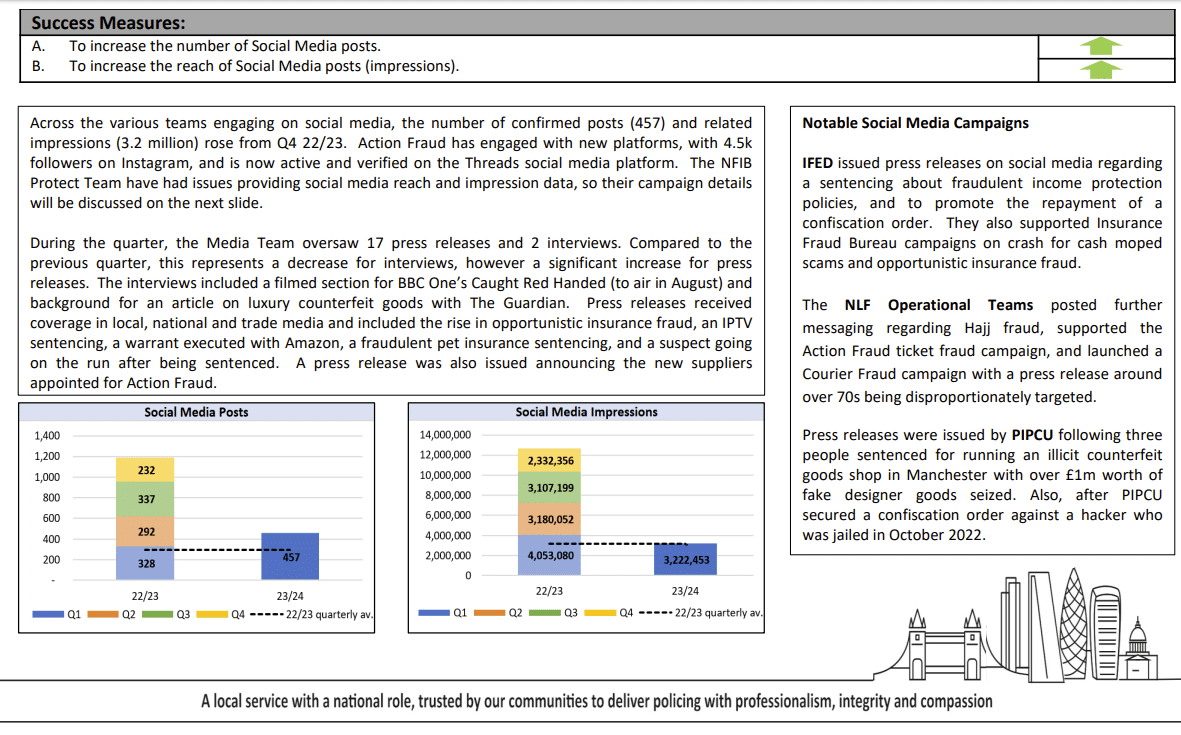
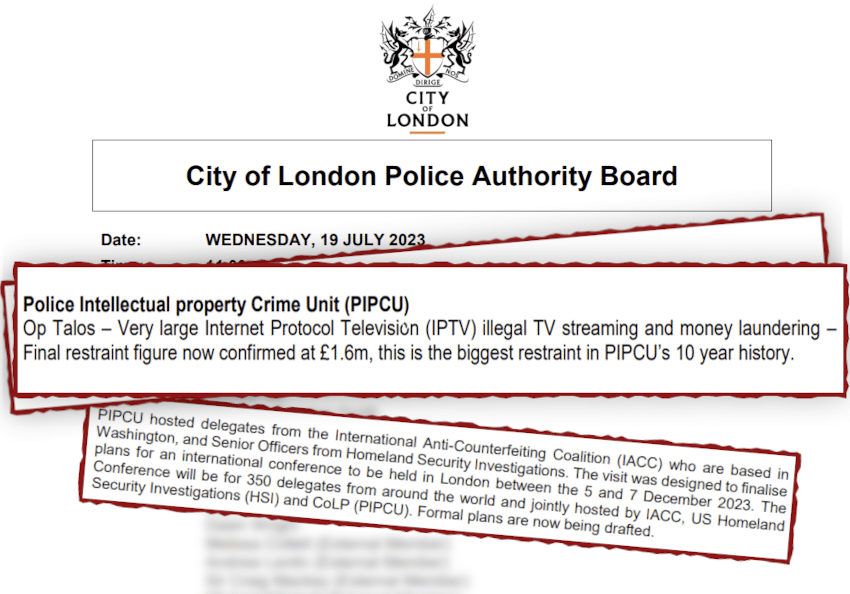
 File-hosting platform 1fichier.com appeared around 2009 and since then has seen no shortage of copyright complaints.
File-hosting platform 1fichier.com appeared around 2009 and since then has seen no shortage of copyright complaints.


 Launched last year, Italy’s elaborate ‘
Launched last year, Italy’s elaborate ‘

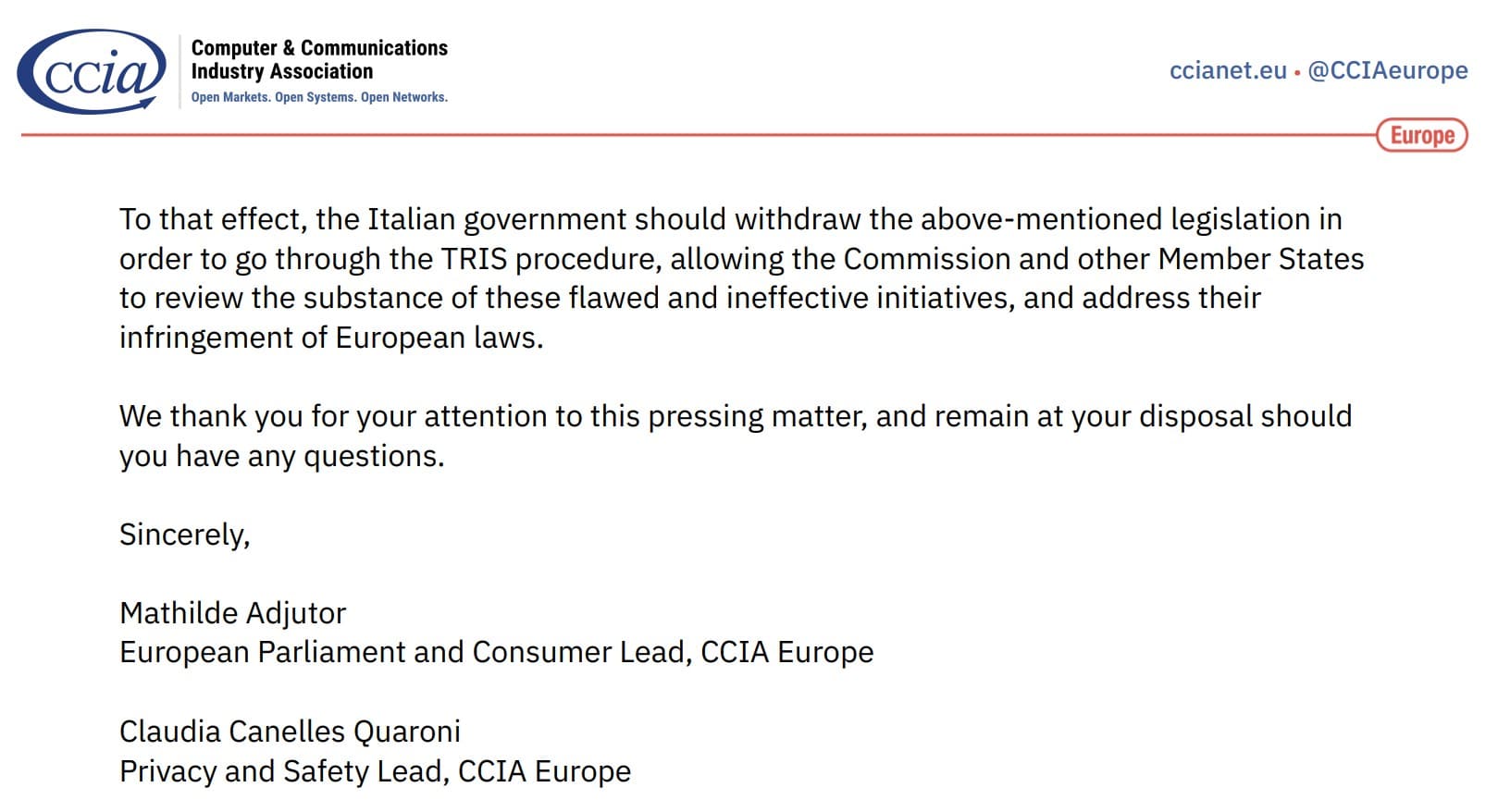
 The arrest of Telegram founder Pavel Durov by French authorities in August 2024 was unexpected, the basis perhaps even more so.
The arrest of Telegram founder Pavel Durov by French authorities in August 2024 was unexpected, the basis perhaps even more so.

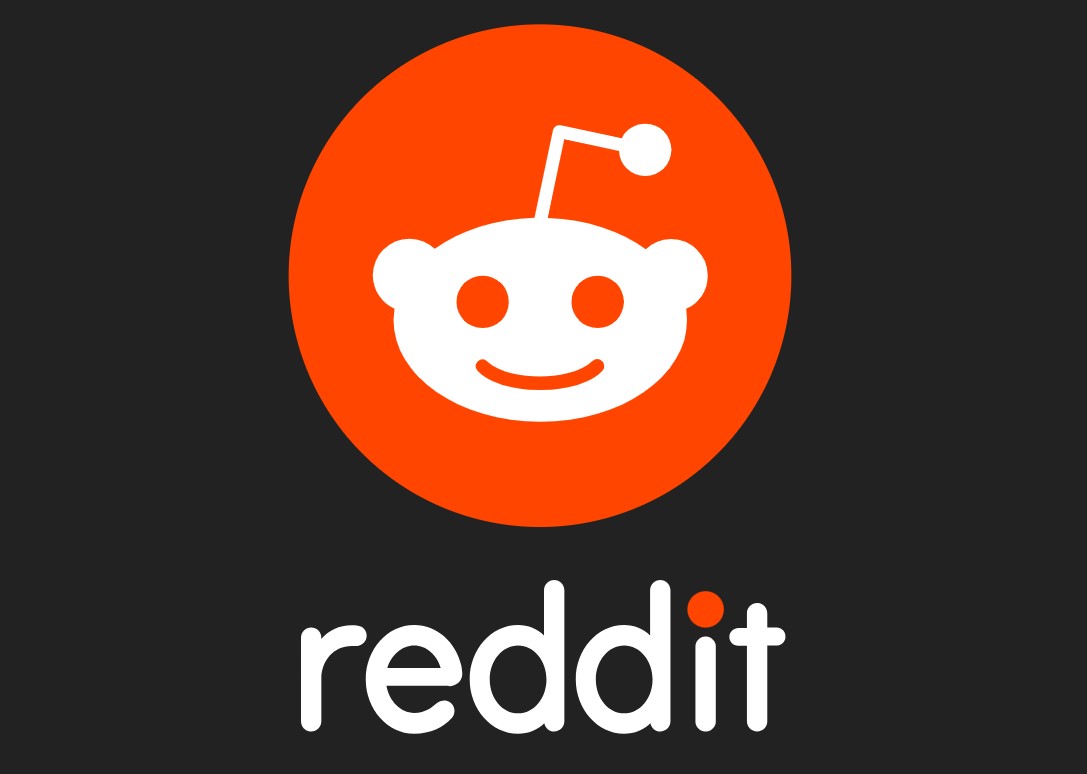 Reddit has gone head-to-head with a group of filmmakers over the past two years, aiming to protect the privacy of its users.
Reddit has gone head-to-head with a group of filmmakers over the past two years, aiming to protect the privacy of its users.


 Over the past two years, AI development has progressed at a rapid pace.
Over the past two years, AI development has progressed at a rapid pace.


